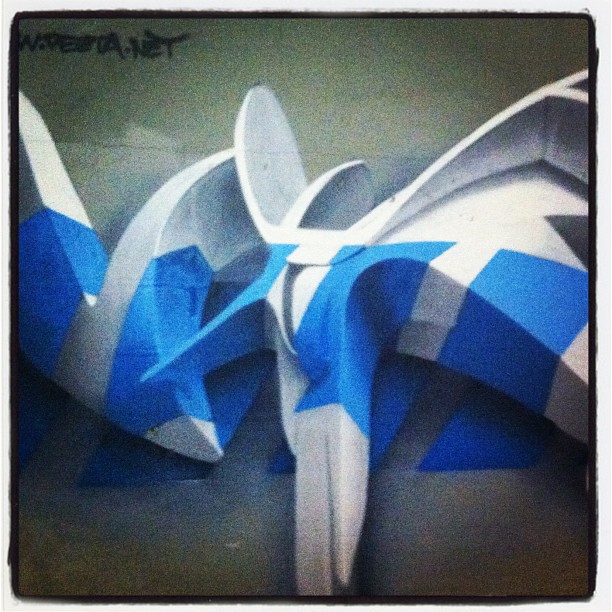 Time, as we experience it, moves only in one direction, forward, by our vantage. Eggs break, we get old, etc. Conventional wisdom says time is the measure of decay, or entropy, or the Second Law of Thermodynamics, to get progressively STEM-y about the matter.
Time, as we experience it, moves only in one direction, forward, by our vantage. Eggs break, we get old, etc. Conventional wisdom says time is the measure of decay, or entropy, or the Second Law of Thermodynamics, to get progressively STEM-y about the matter.
In other words, shit runs down, and time is there to measure it, so the thinking goes.
But what is peculiar about time's forward momentum is that, by current laws of physics, there is no reason why time's arrow couldn't just as easily point back in the other direction, creating a reverse-time world where we only grow younger, more beautiful, dumber.
Time is indeed nature's way of preventing everything from happening at once, but there's no reason why all the happenings couldn't be stretched out one way, n' not ta udder.
We wouldn't perceive it as reverse time of course; we'd just see it as time going forward, in a universe where eggs self-spontaneously assemble over mixing bowls, then travel on long cushion-y journeys to reverse-impregnate hens, so life can go on.
Or something like that. Clearly, adjustments would have to be made.
Now here's a fella, Flavio Mercati, askin' what if entropy didn't drive time forward -- what if gravity did?
 Flavio created on a computer a simple virtual space filled with about 1,000 objects,
each with an appropriate gravitational pull
to one another. When he ran his universe, he found that, by collective work of their gravities, all the objects would invariably clump together,
then just as invariably drift apart.
Flavio created on a computer a simple virtual space filled with about 1,000 objects,
each with an appropriate gravitational pull
to one another. When he ran his universe, he found that, by collective work of their gravities, all the objects would invariably clump together,
then just as invariably drift apart.
And once the they fell apart they never came together again, their relationships in space growing ever more geometrically complex the further they drifted.
Could this be how the universe itself unfolded? Entropy has its roots in the Big Bang Theory. This is problematic when trying to explain time, given the universe's start as a hot mess of plasma. It wasn't exactly very orderly to begin with. Yet time is the measure of increasing entropy? Things are more highly entropic now? For realz?
Gravity adds the missing piece. A universe where things come together and then move apart, due to the gravitational inevitabilities would explain the universe's dense entropic beginnings -- the point of maximum clumpiness. It could also explain how a universe can get more complex, filling itself with eggs and people and teacups and other complex things, as time resolutely marches forth.